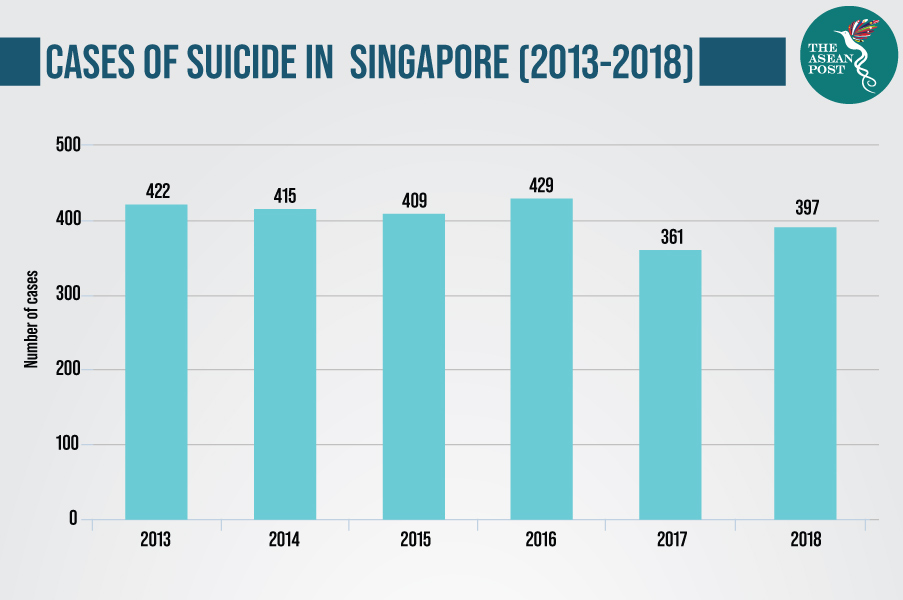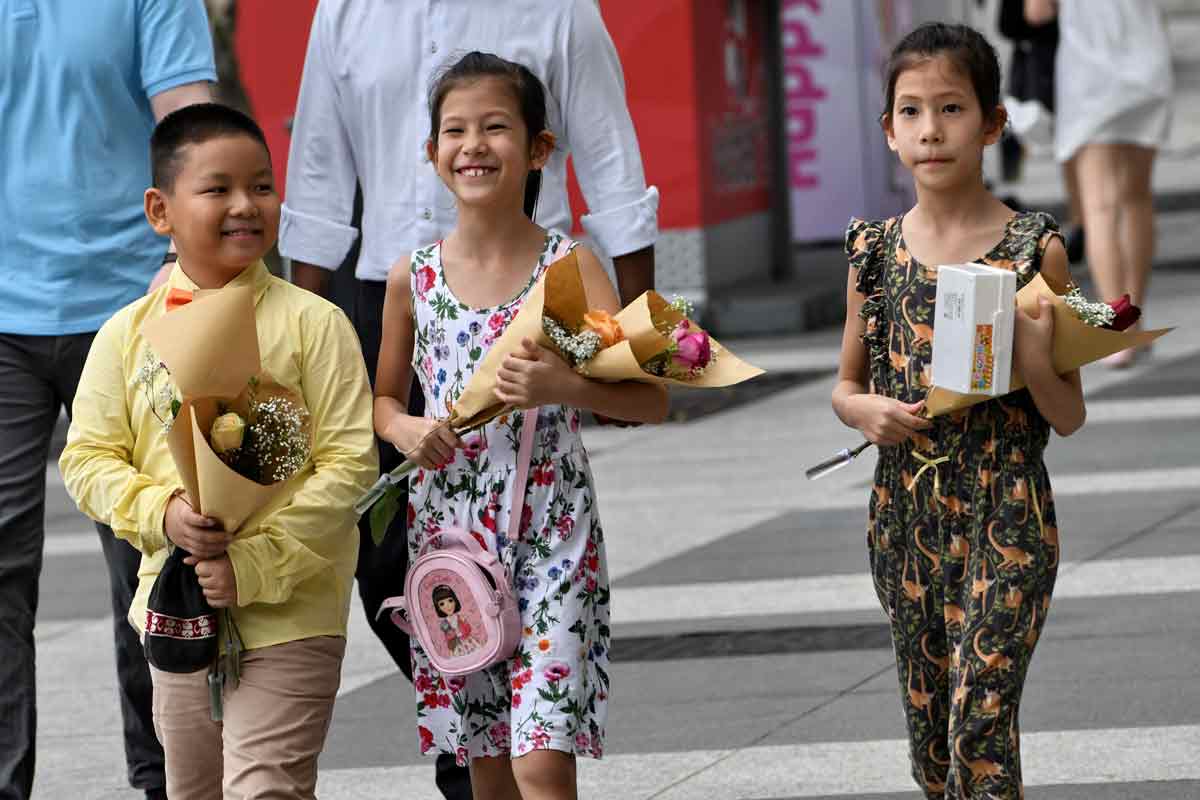In May it was revealed that many primary and secondary schools in Singapore were scrapping mid-year examinations for some levels. According to Education Minister Ong Ye Kung, this was ahead of the Singapore government's plans to remove the exams by 2021.
He said that more than half of primary schools will scrap mid-year exams for Primary 3 and Primary 5 by next year. Similarly, more than 90 percent of secondary schools will remove their Secondary 3 mid-year exams by 2020.
“So what we are seeing is that the mentality of competing for even higher scores in even more tests and examinations is giving way to a new movement to take a balanced approach in teaching and assessments, and bring about a greater joy of learning," Ong was reported as saying at the 9th Teachers Conference at the Singapore Expo.
Last year, Ong was quoted in the media as saying that while the education system had its strengths, adjustments needed to be made between an over-focus on exam results and higher-order outcomes.
“We need to re-balance that (the education’s strengths and needed adjustments) so education is more fun, more joyful, more holistic and children have a passion and an aptitude in deciding what they want to do,” he added.
While innovation in the education system is important in order to meet the demands of the Fourth Industrial Revolution, perhaps a deeper, more serious reason Singapore is rethinking its education system is due to reports of suicides among students resulting from overwhelming psychological and physical stress.

Suicide in Singapore
Two years ago, on 18 May 2016, Singapore news was abuzz over reports of a Primary 5 student who committed suicide by jumping out of his room window. According to the reports, the student had been having a hard time transitioning from grade 4 to grade 5 and while he had been able to maintain an average above 70 percent, his mid-year exam results were much lower than what was expected.
The boy had hidden his results for a while from his parents, but the pressure was too much and on the morning of 18 May, he locked his room and jumped out the window.
This year, in July, it was reported that the number of teenage boys taking their own lives reached a record high in 2018. According to the news report, statistics show that a total of 19 boys aged between 10 and 19 committed suicide last year, the highest since records began in 1991.
A non-profit suicide prevention centre, the Samaritans of Singapore (SOS), gave a breakdown of the annual statistics, which had been released earlier by the country’s Immigration and Checkpoints Authority.
In July, media in the country quoted experts as saying that children are reporting symptoms of anxiety and stress related to school as early as primary school, and that there have even been extreme cases where pupils have been driven to suicide.
These experts noted that youths in the country often have to face long days at school, hours of homework, and, on top of that, are then pushed by parents to have private tuition, which has an impact on mental well-being.
“Children are being forced to mature too fast without the relevant foundation and reasoning power to reassure oneself. Society does not want to allow the luxury of taking it slow,” psychologist Daniel Koh from Insights Mind Centre was quoted as saying.
Koh also revealed to the media in Singapore that the youngest person he had treated for school-related stress was a first-year primary school student who was struggling with the transition from kindergarten.
SOS senior assistant director Wong Lai Chun told the media that as major exams approach, the suicide prevention group typically sees a rise in students contacting them. This was concurred by Lim Choon Guan of Singapore’s Institute of Mental Health who told the media that while school-related anxiety occurs year-round, stress “can intensify nearer the exam periods”.
Axing some exams may be the best way for Singapore to tackle this unfortunate problem affecting its children. While some parents may need convincing over the benefits of such a measure, the hope is that in time all Singaporeans will see that life is about much more than just a grade on a piece of paper.
Related articles:
